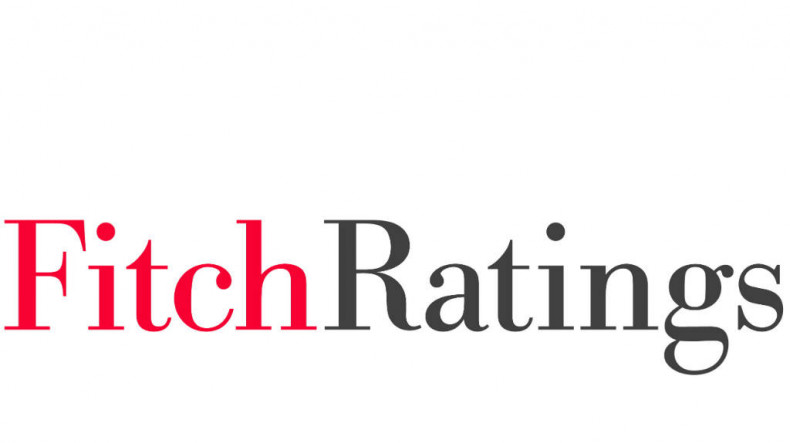
Fitch affirms Armenia at 'B+' with stable outlook
Fitch Ratings has affirmed Armenia's Long-Term Foreign-Currency Issuer Default Rating (IDR) at 'B+' with a Stable Outlook.
Armenia's 'B+' IDRs reflect strong per-capita income, governance and business environment indicators relative to peers, as well as a robust macroeconomic and fiscal policy framework and credible commitment to reform that are underpinned by an IMF programme, Fitch said in a press release.
Set against these strengths are high public foreign-currency debt, relatively weak external finances, and geopolitical tensions that have the potential to reignite into military conflict.
Public debt is high, with general government debt/GDP jumping 13pp to peak at 67.4% (current 'B' median: 68%) at end-2020, due to the fiscal impact of the pandemic and the Nagorno-Karabakh war's impact on public finances, the fall in GDP and depreciation of the dram. Fitch forecasts debt/GDP to fall to 60.2% in 2021 on strong nominal GDP growth (13%), narrowing of the fiscal deficit, and strengthening of the dram. Public debt/GDP should continue its gradual downward trajectory to 55% by 2023, guided by the government's commitment to its debt reduction fiscal rule, which will be reinstated from 2022. Foreign currency debt is high at 81% of total government debt in 2021 ('B' median: 63%), and heightens sensitivity to exchange rate fluctuations.
Fitch forecasts the consolidated government deficit to narrow to 3.8% of GDP in 2021 (2020: 5.1%), and further to 2.0% by 2023. Fiscal performance for 7M21 showed an outperformance relative to both the government's and Fitch's forecasts at the last review. Tax revenues rose by 10.5% yoy driven by higher VAT receipts from a rebound in domestic consumption and foreign trade, while investments and other expenditures were under-executed relative to the budget at end-July. The deficit will be financed predominantly by the USD750 million Eurobond proceeds raised in February 2021, but deficit financing in 2022-23 will focus more on domestic sources as the government seeks to reduce external debt and limit vulnerability to dram depreciation.
Real GDP staged a strong, broad-based rebound in 2Q21 of 13.2% yoy, driven by base effects, dynamism in construction, agriculture and services, and supported by strong remittance inflows and continued accommodative policies. Fitch forecasts real GDP growth to recover to 5.5% in 2021 (2020: -7.4%), moderating to 5.3% in 2022 and 4.7% in 2023.
Newsfeed
Videos






























